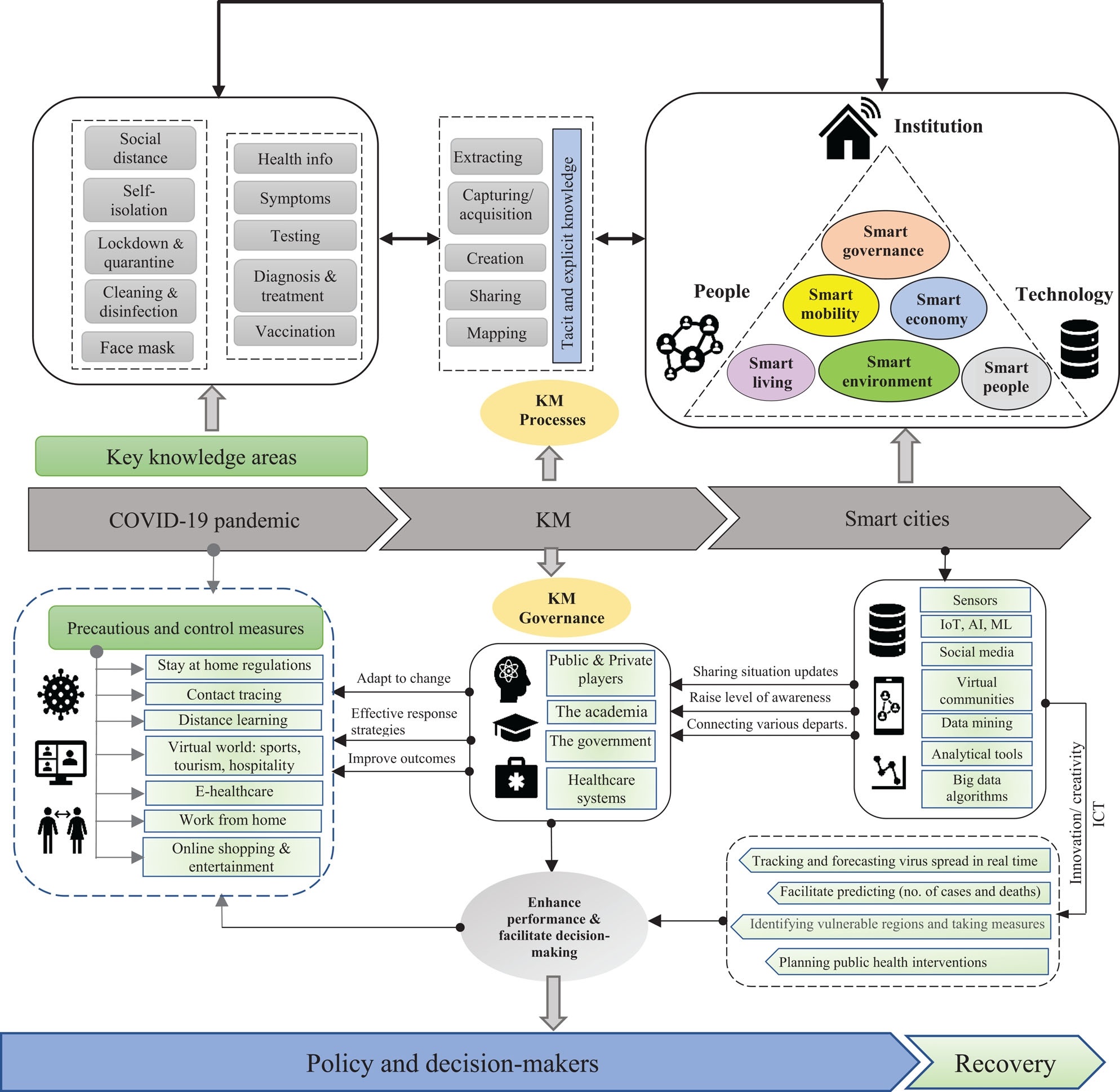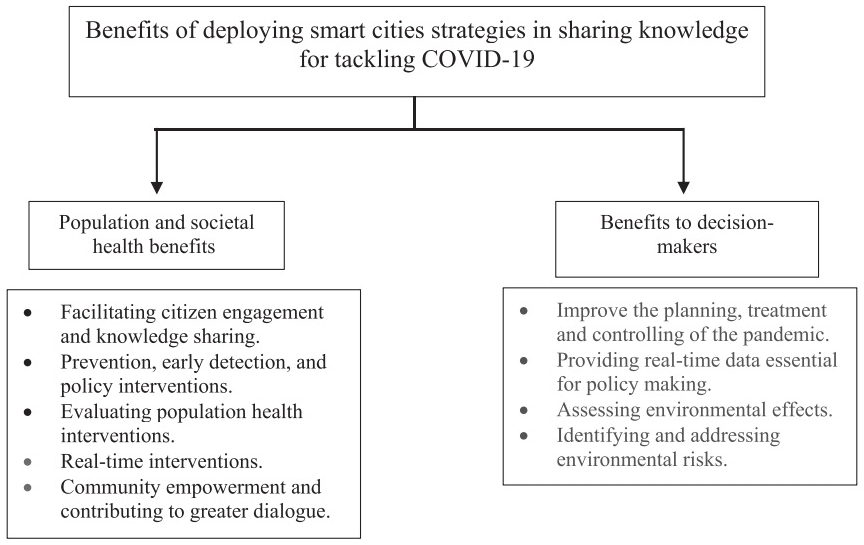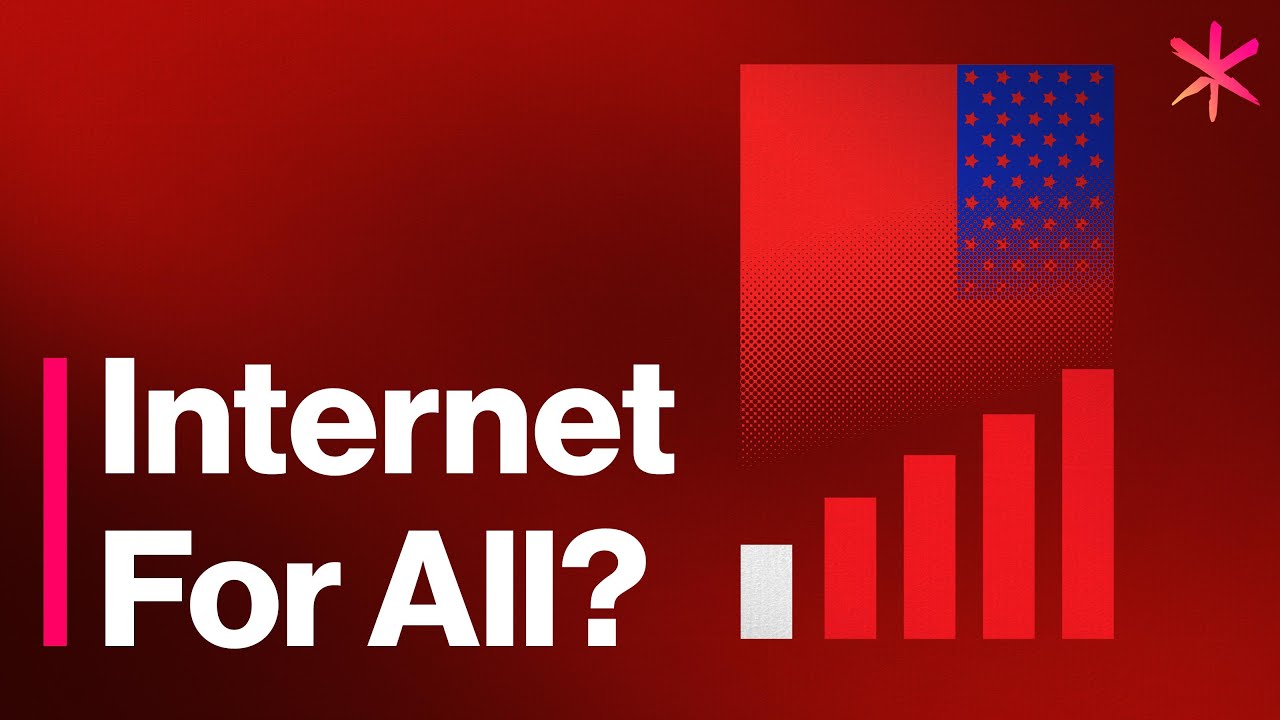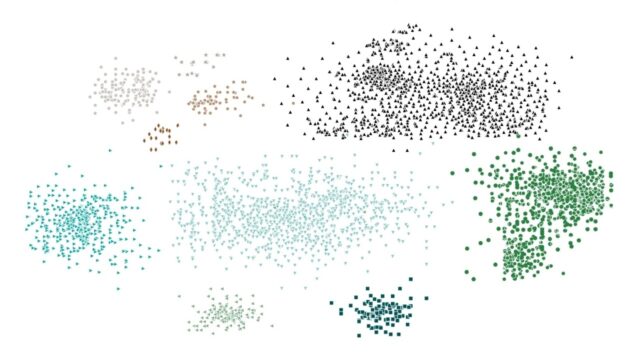
A smart cities perspective on managing pandemic-related knowledge
As the world starts to move beyond the COVID-19 pandemic, there is a need to prepare for potential future pandemics.
The effective management of future disease outbreaks such as COVID-19 will require rapid responses and immediate solutions through deploying appropriate knowledge management (KM) processes and facilitating effective decision-making and managerial efforts.
However, in a newly published paper1 in the journal Knowledge and Process Management, a research team from the University of Wolverhampton alerts to significant challenges in achieving this. To be able to act quickly, KM practitioners and decision-makers have to be able to manage huge volumes of data from various sources and readily turn it into actionable knowledge.
The researchers advise that smart city strategies have the potential to meet this need. Cities across the world have already been implementing these strategies, which include the internet of things (IoT), artificial intelligence and machine learning, and big data including spatial big data technology linked to geographic information systems (GIS).
Some cities have already repurposed their smart city systems to address COVID-19 needs. The researchers provide the example of the city of Newcastle in England:
Newcastle, the largest city in the North East of England, has established a comprehensive observation platform to capture and monitor complex overlapping interactions as a result of planned and unplanned interventions in the city. During the COVID-19 pandemic, Newcastle rapidly repurposed the existing data capture systems to provide real-time insights into the impacts of lockdown policy on urban governance.
To further investigate the potential for smart city strategies to assist in managing pandemic-related knowledge, the researchers first carry out an exploratory review of the research literature in regard to smart city strategies, KM, and KM during the COVID-19 pandemic. From this review, they prepared the conceptual model shown in Figure 1.

The researchers then carried out a systematic review of research in regard to managing knowledge related to COVID-19 from a smart city perspective. Following a keyword search of academic literature databases and the application of inclusion criteria, 24 studies were identified for further analysis.
From their analysis, and reflecting the components and linkages in their conceptual model (Figure 1 above), the researchers identified six knowledge capture and four knowledge sharing roles for smart city strategies, as shown in Figure 2.

Their analysis also identified the benefits of using smart city strategies for managing COVID-19-related knowledge, as shown in Figure 3.

Implications for decision-makers and KM practitioners
Finally, from their analysis, the researchers list the implications for decision-makers and KM practitioners within both public and private sector organizations, as shown in the following table:
| Implications | Recommendations for decision-makers and KM practitioners |
| Knowledge capturing, extraction, and creation | Using social media & smartphones
Smartphones show great promise for characterizing user behavior, while providing the ability to directly reach and engage with a significant proportion of the world’s population in near real time. However, policy and decision-makers must consider which data are useful and would be included in the design, collection, analysis and interpretation from mobile phones and social media. Using big data analytical tools COVID-19-related data and information are unstructured, wide ranging in complexity, length, and use of technical terminology, making knowledge discovery more challenging. Harnessing the potential of big data analytics provides dependable and reliable information which is crucial for mitigating the impact of COVID-19. Therefore, organizations must adapt appropriate big data analytics capabilities to inform and provide insights to managers and policy makers to respond to COVID-19. |
| Knowledge sharing and transfer | Managing the COVID-19 pandemic requires innovation, collaboration, and knowledge sharing between governments, institutions, researchers, and organizations. Therefore, efforts need to be directed towards supporting sharing best practices and successful strategies. Digital platforms and multi-department dynamic information and knowledge sharing systems are needed which will effectively and comprehensively improve the ability for communication and content sharing. |
| Stakeholders’ engagement and collaboration | For effective management of COVID-19, collaboration between various sectors and departments is necessary and is seen as a key to build and implement more efficient tackling and mitigation strategies. Therefore, there must be strategies to ensure engagement and collaboration at various levels, including public-private collaboration, cross-sector collaboration and international collaboration. Efforts need to be directed towards establishing cross-sector open platforms to facilitate various stakeholders’ engagement and collaboration. |
| Users’ privacy | Collecting and using potentially sensitive data requires a careful understanding of the legal and privacy concerns. Therefore, maintaining appropriate privacy data policies and regulations is necessary for effective adoption of mobile and social media data. |
Header image source: PixxlTeufel on Pixabay, Public Domain.
Reference:
- Abdalla, W., Renukappa, S., & Suresh, S. (2022). Managing COVID‐19‐related knowledge: A smart cities perspective. Knowledge and Process Management, 2022, 1-23. ↩
Also published on Medium.






